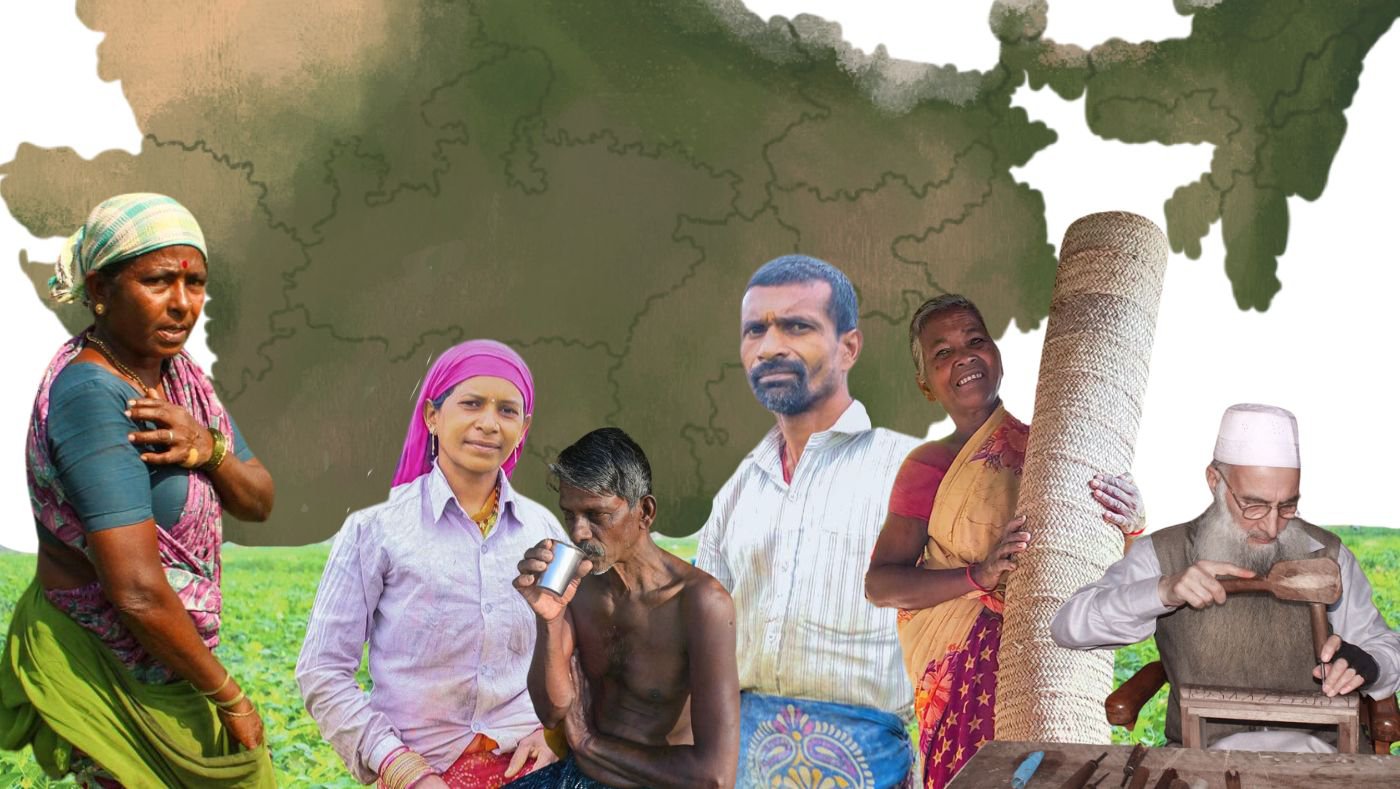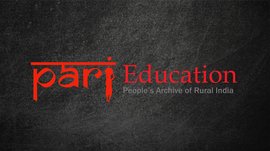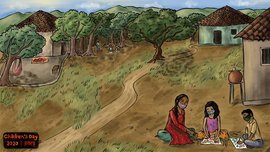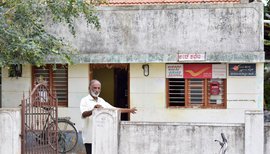Every year, young people write to PARI seeking to intern with us. This year we had a record number of interns – students from across the country, and in different disciplines, reached out asking for a spot. They came from universities across the country such as Tata Institute of Social Sciences in Mumbai, Azim Premji University in Bangalore, Ashoka University in Sonepat, FLAME University in Pune, Central University of Rajasthan and many more.
Our internship programme has changed over the years, growing in both size and scope, adding new asks and tasks. The aim however, remains unchanged – to get young people to explore and engage with the issues of our times – inequalities, injustices and marginalisation, among others.
PARI interns have to get their boots on the ground, and get to it – researching, interviewing, writing, verifying, photographing, filming and illustrating stories on rural and marginalised communities. And they have sent in work from Himachal Pradesh, Madhya Pradesh, Gujarat, Arunachal Pradesh, Tamil Nadu, Odisha, Maharashtra, Kerala, Jammu and Kashmir.
They also work on Library reports, films and videos, social media posts and help translate if needed.
Gender injustices was an area many students wanted to investigate and highlight through their reporting, and this is what they did:
Toiling away without a toilet break by intern Adhyeta Mishra dived right into the lives of women in West Bengal who work in tea gardens and the hardships they face because of their gender. Adhyeta, then a student of comparative literature at Jadavpur University had to be careful of the identities of the estate and the workers as their jobs could be jeopardised.
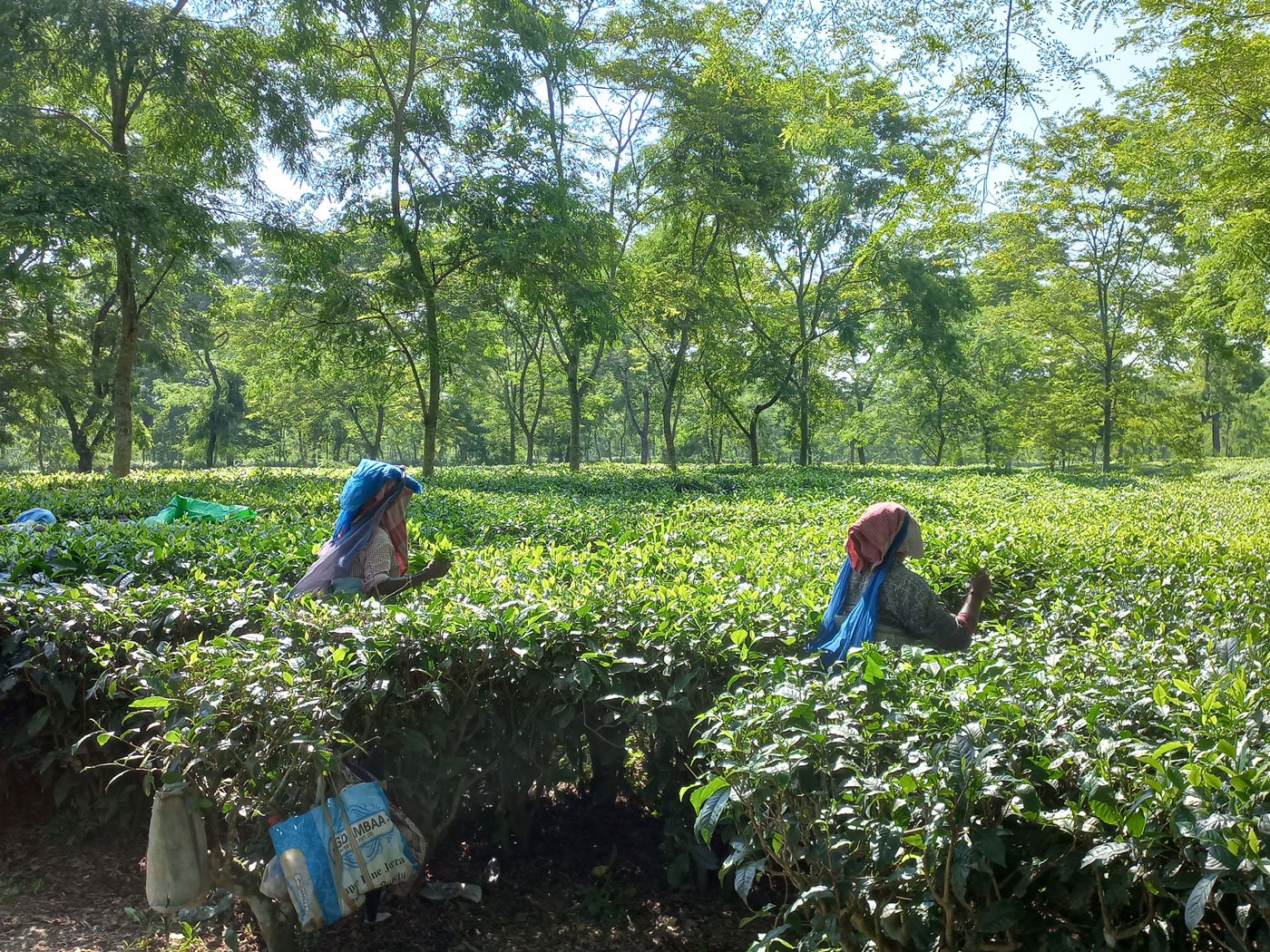
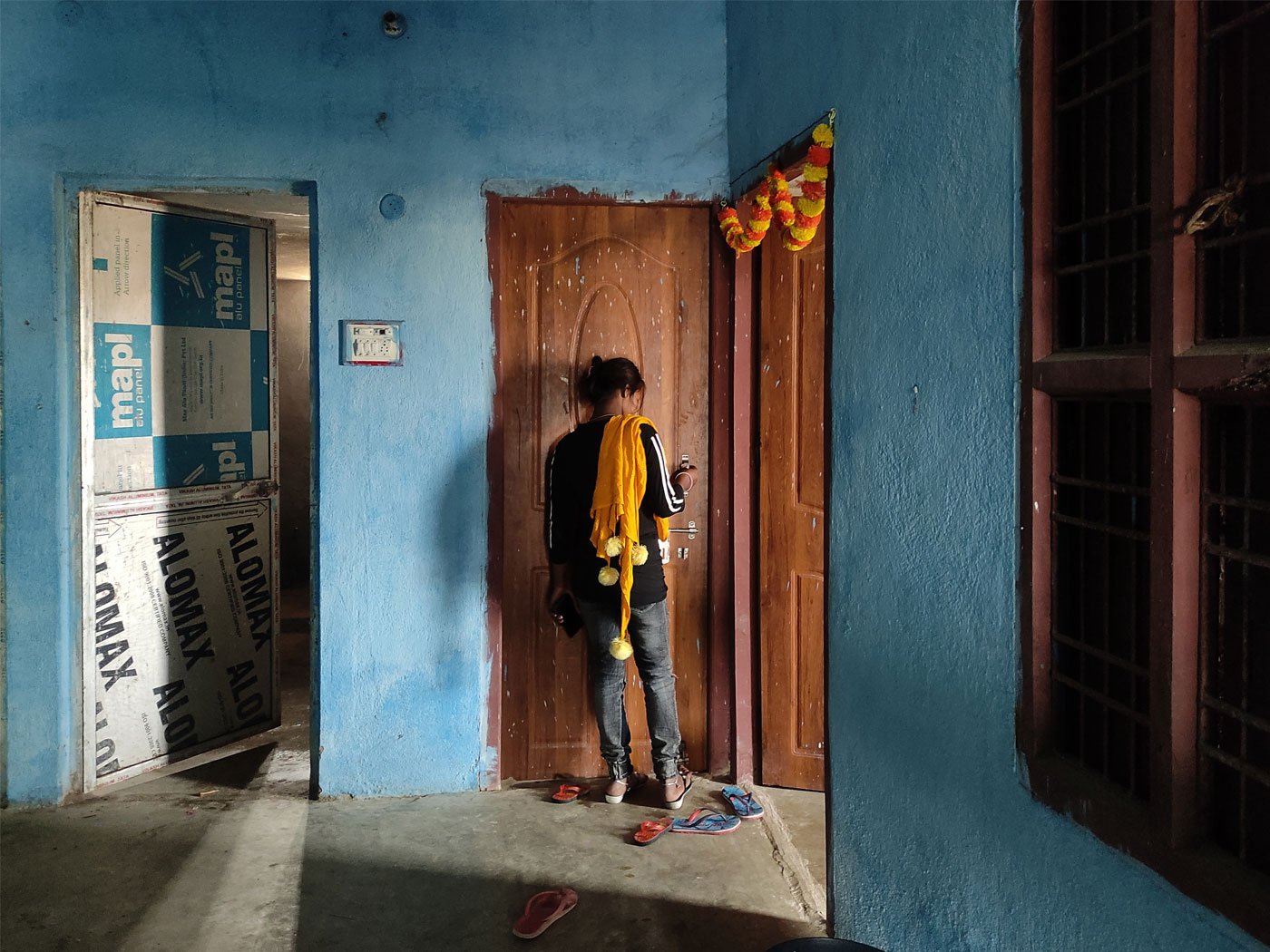
Left: Adhyeta Mishra's story was about how accessing a toilet for women tea labourers in West Bengal is challenging and hazardous. Right: Dipshika Singh wrote about harassment faced by young women working as dancers in orchestra events in Bihar, often having no other livelihood options
Interning with us while working from Bihar, Dipshikha Singh, a student of MA Development at Azim Premji University, pitched this chilling piece on women who perform in rural areas: Dancing to abusive tunes in Bihar . “The guidance and feedback you provided not only improved the quality of my article but also boosted my confidence as a writer. Seeing my article published on PARI's platform is a dream come true… This experience has inspired me to continue sharing stories that matter.”
Later in the year, intern Kuhuo Bajaj interviewed and wrote For beedi workers, it's always a hard day from Damoh, Madhya Pradesh. “This was my first exposure to true journalism… how much I have learnt from the process and have started appreciating the work that goes into reporting each story,” says this student at Ashoka University whose story added to the narratives on this exploitative and physically arduous job done mostly by women who can’t find any other livelihood.

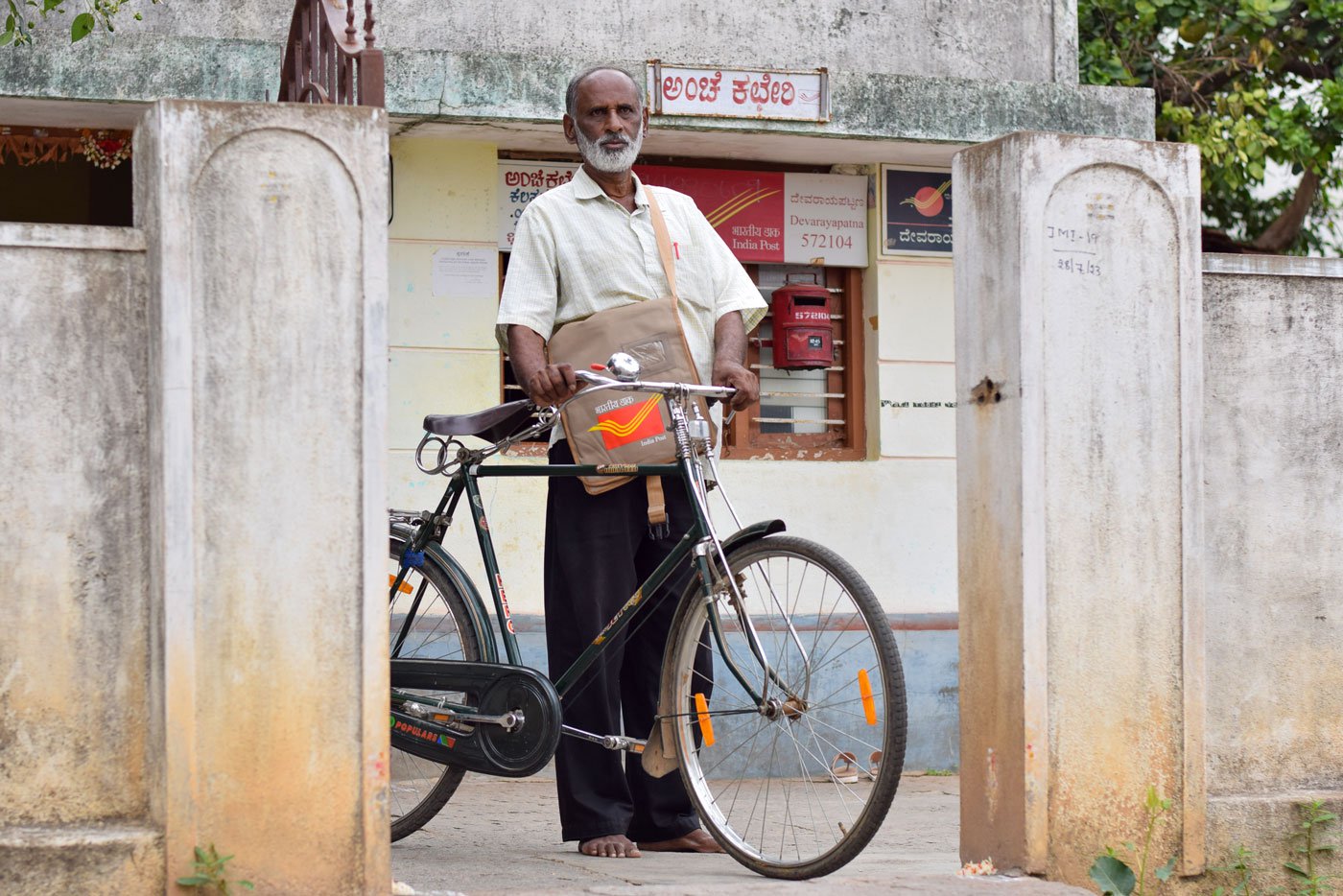
Left: Kuhuo Bajaj's story explores the lives and livelihood women beedi rollers in Madhya Pradesh's Damoh district. Right: Hani Manjunath, our youngest reporter wrote about Renuka Prasad, a rural postal worker in her village in Tumkur district
Our youngest reporter this year, Hani Manjunath of Class 10, did a story on the local village postman: In Deverayapatna, you’ve got mail . She balanced the nostalgia about the job with the harsh realities of dak sevaks who work long hours through rain and sunshine, and are no longer eligible for a pension.
To intern with PARI write to [email protected]
If the work we do interests you and you would like to contribute to PARI, please write to us at [email protected]. We welcome freelance and independent writers, reporters, photographers, film makers, translators, editors, illustrators and researchers to work with us.
PARI is a not-for-profit and we rely on donations from people who appreciate our multilingual online journal and archive. If you would like to contribute to PARI please click on DONATE .
